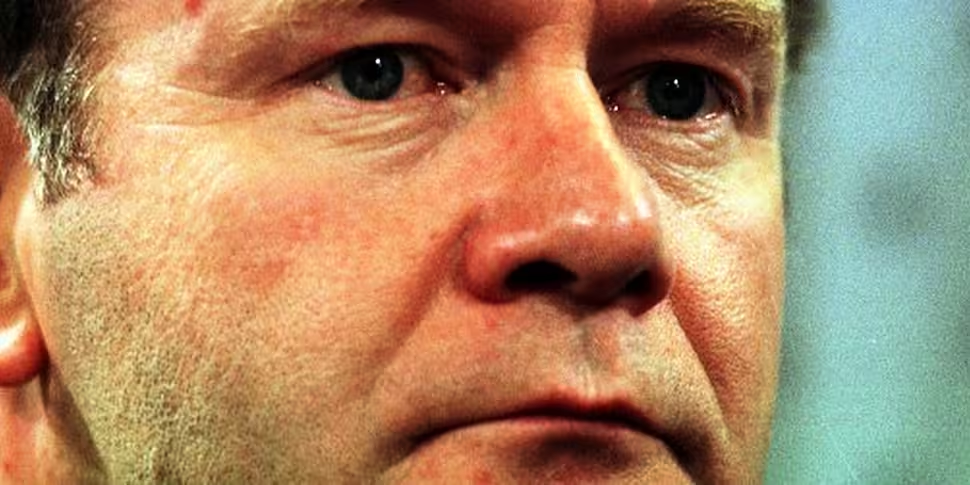Sinn Féin’s Martin McGuinness has passed away aged 66 after a short illness.
He stepped down as Northern Ireland Deputy First Minster in January, amid a controversial renewable energy scheme.
He also announced he was not seeking re-election to the Stormont Assembly, and that he was departing on health grounds.
He had planned to step aside May - 10 years after he entered government with Ian Paisley as joint leader of the executive.
But his health and the energy crisis overtook that time frame.
Michelle O'Neill, who had been serving in Stormont as health minister, now leads Sinn Féin in the North.
He made one of his last public appearances in January when he resigned over the DUP leader's handling of the botched green energy scheme.
"Today I have told Arlene Foster that I have tendered my resignation effective from 5 o'clock today.
"So I believe today is the right time to call a halt to the DUP's arrogance".
Mr McGuinness, a self-confessed former IRA commander and Sinn Féin politician, made the transition to politics and served as deputy first minister for a decade.
He described the 2007 power-sharing agreement between himself and Ian Paisley as "not hype but history".
Speaking in 2007, Mr McGuinness said: "I think what people are going to witness today is not hype, but history.
"And what we're going to see today is one of the mightiest leap forward that this process has seen".
Sinn Féin leader Gerry Adams said: "People used to say it was a miracle between himself and Ian Paisley, God rest him, and whatever people may think of Martin McGuinness, I'm sure that most people would concede that for 10 years, he broke his back trying to make that office work."
Mr McGuinness joined the IRA in his teens and was convicted of possessing ammunition and explosives.
Tributes paid to Sinn Féin's Martin McGuinness
Martin McGuinness and Gerry Adams in 1998 | Image: RollingNews.ie
He admitted to having been the IRA's second-in-command, but denied the Bloody Sunday Inquiry finding that he was "probably armed with a sub-machine gun" on the day British troops shot 14 people dead.
Recognising his influence, the British government flew him to London for secret talks in 1972 but the violence continued.
He repeatedly denied allegations he had advance knowledge of the bombing of Enniskillen's war memorial in 1987.
Following the ceasefire, he was appointed Sinn Féin's chief negotiator in the talks which resulted in the Good Friday Agreement.
A handshake between Britain's Queen Elizabeth II and Mr McGuinness was seen as one of the most symbolic acts of reconciliation- but he knew his journey from guns to government involved risk.

Britain's Queen Elizabeth II shakes hands with Martin McGuinness at the Lyric Theatre, Belfast in 2012 | Image: RollingNews.ie/PA
Mr McGuinness said: "If there are people out there who are maliciously disposed towards my involvement in the peace process and they want bad enough to take my life, I'm around long enough to know that they have the ability to do that.
"Am I going to let that put me off in my work for peace? Not in a million years."










